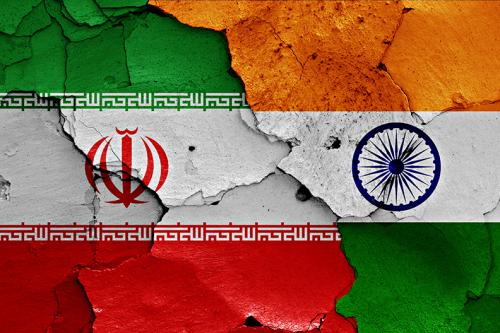Pakistani singer and music composer Bilal Maqsood has suggested against the monetization of Quranic surahs and prayers on YouTube.
In a post on social-networking platform Instagram, Bilal wrote, “Imagine listening to Surah-e-Rehman and it is interrupted in the middle by a lawn or a cooking oil advertisement.” It is highly disrespectful, he added. A lot of social media users agreed with singer Bilal Maqsood.
https://twitter.com/Duaa_Nadeem31/status/1291688393265631232?s=20
Earlier, Bilal Maqsood was among the celebrities who opposed the blanket ban on the video streaming site YouTube. He protested against the banning of YouTube in Pakistan. The singer seemed to have a raise argument in his Instagram post.
He wrote that people who want to enjoy objectionable content will do so even without YouTube hence there is no point in banning the social media application.
” Jisko vulgarity dekhna hai woh YouTube ka mouhtj nahi, (Whoever wants to watch vulgarity is not dependant on YouTube).,” he said.
Read more: Beirut explosions: Pakistani, Turkish celebrities say heartfelt prayers for victims
Bilal Maqsood on monetization of Quranic surahs: social media reactions
However, tweet of Bilal Maqsood on the monetization of Quranic surahs and prayers stimulated interesting debate on social media on whether sermons and lecturers of notable preachers be monetized on social media. Most of the social media users agreed to his suggestion to not to monetize the videos of Quranic surahs and verses on YouTube.
“Bilal Maqsood from @stringsonline has made an excellent point about why duas and surahs shouldn’t be monetized on @YouTube. Which brings me to the million $$ question: Is Maulana Tariq Jamil’s YT monetized? Should missionaries be making money off views?” wrote a Twitter user.
Bilal Maqsood from @stringsonline has made an excellent point about why duas and surahs shouldn't be montised on @YouTube. Which brings me to the million $$ question: Is Maulana Tariq Jamil's YT monitised? Should missionaries be making money off views?
— Rafay Mahmood (@Rafay_Mahmood) August 7, 2020
Comedian and rapper also commented on the subject. “Well, we pay molvi Sahab for teaching the Quran. How’s that different,” wrote Ali Gul Pir. To which the internet user said, “Make sense but I’ll compare his talks to more like paying for Tedtalks and less like learning Quran.”
Another user informed that Maulana Tariq Jameel has not activated the monetization of his videos on YouTube. A social media user jumped in the discussion and added that “I think it is being skewed towards preachers making money or not. His issue is with recitation being interrupted by an ad. But the blame shouldn’t be on the person uploading. It should be abt YT bettering its service when it comes to ads.”’
https://twitter.com/iamzainahmed/status/1291593860074921984?s=20
@YouTube place their ads on videos as they see fit. #bilalmaqsood says religious videos shouldn’t be monetized such as recitation of Quran, Duas & Surahs. For eg when we are listening to a Surah of the Quran, it is interrupted in the middle with some disrespectful ad. Agreed,” wrote a social media user.
https://twitter.com/lailapashteen/status/1291650073710022656?s=20
Bilal Maqsood is a member of Strings, a very popular Pakistani pop band. He has also directed several music videos. For Bilal and his band Strings, success came in 1992 after the launch of the song Sar Kiye Yeh Pahar, the song was an instant hit and so was Strings. Strings made its entry into the Bollywood music scene in 2006. He is the son of Pakistani popular writer, actor, TV artist, and TV host and comedian Anwar Maqsood.














